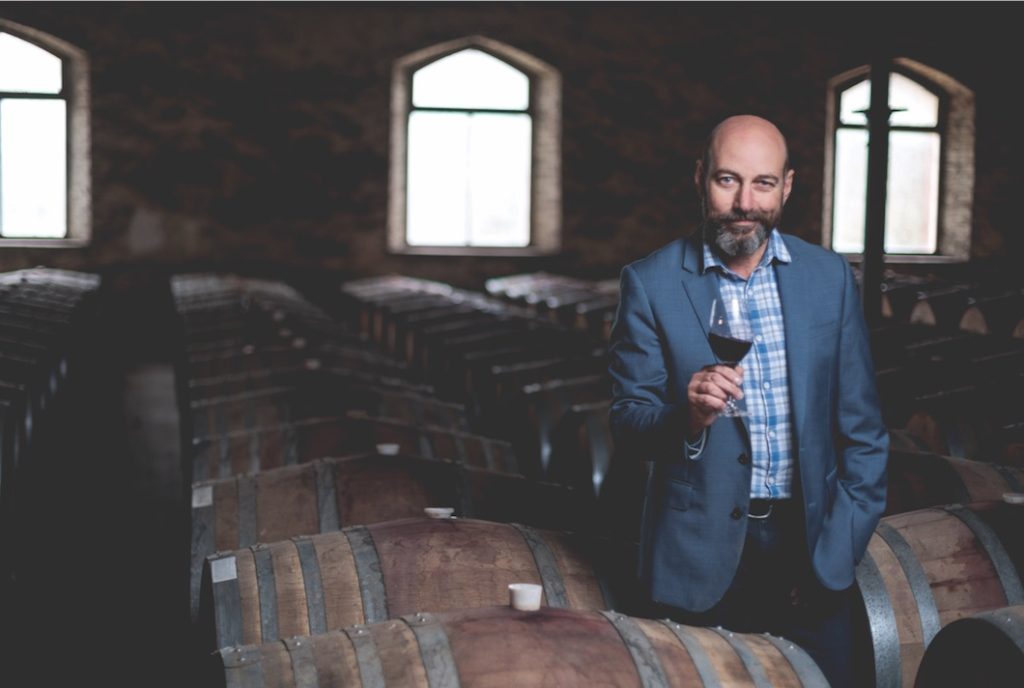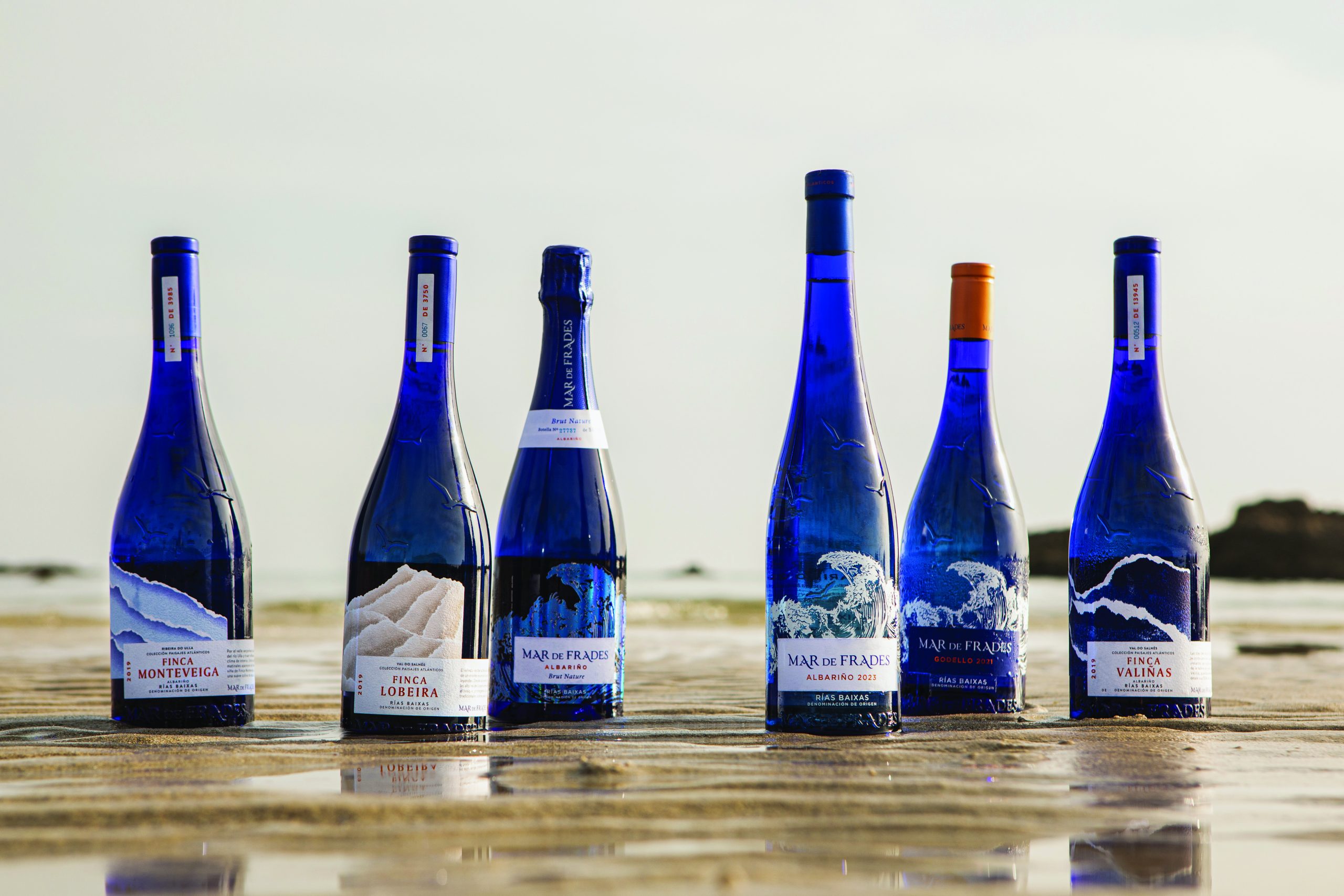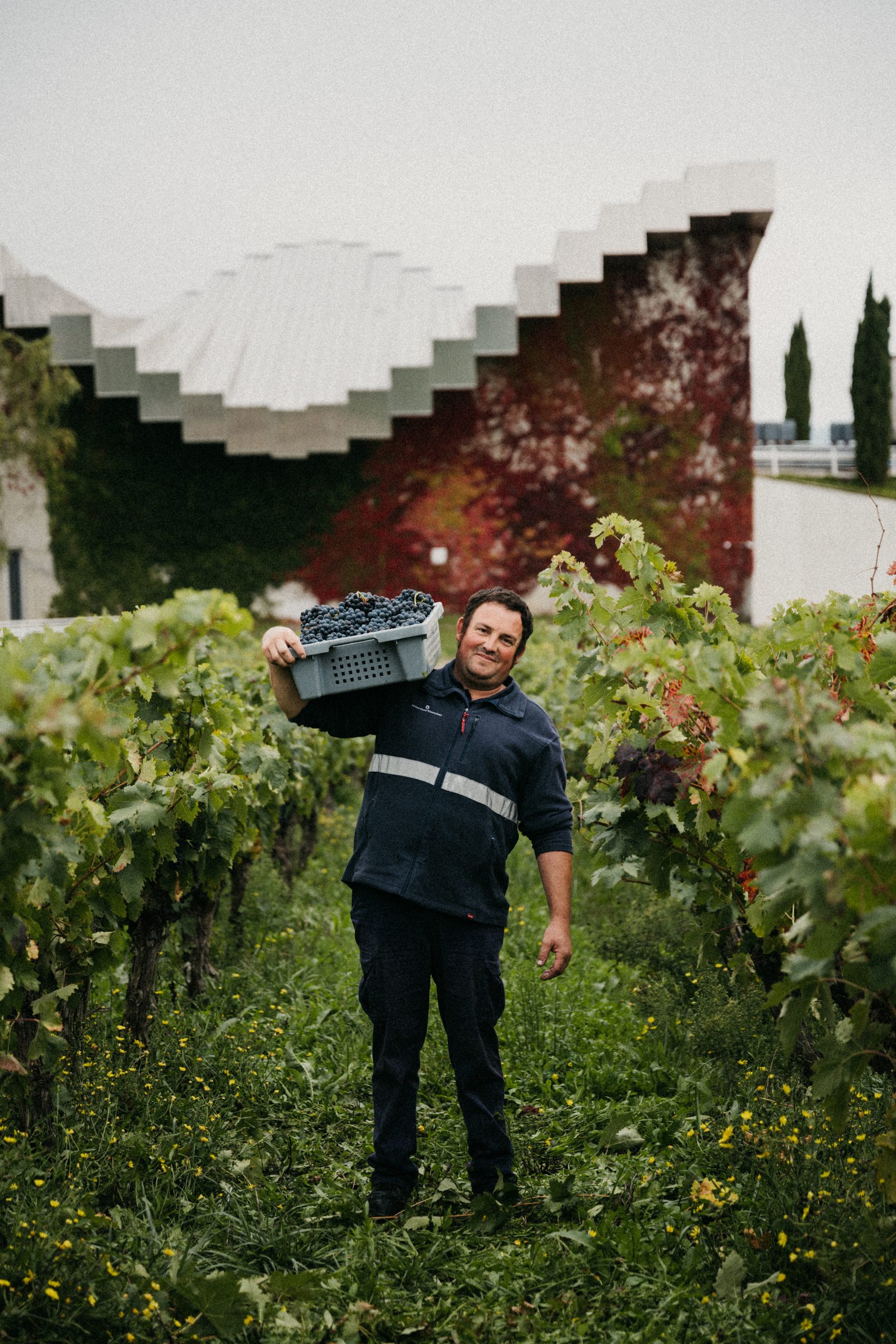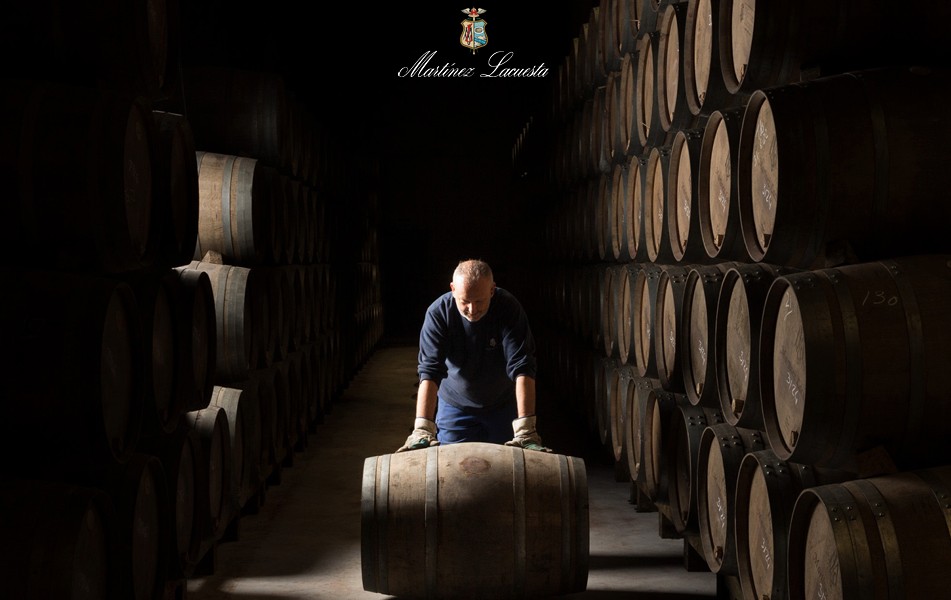Quality counts at Château Tanunda
Château Tanunda’s chief winemaker Neville Rowe – who was nominated in the second edition of The Master Winemaker 100 last month – explains how the recognition energises the team members as they focus on crafting the best wines they can in the Barossa Valley, South Australia.

“The first time I was on the list was a significant career highlight, so seeing my name among all these outstanding winemakers again is a proud moment for me,” Rowe says. But he insists that it is a team effort.
“I have to share the recognition with my winemaking team, especially senior winemaker Jeremy Ottawa, who was integral in putting the 2019 Shiraz wine together.” Such acknowledgment from highly respected Masters of Wine and members of the trade helps to energise the whole team, he explains and is “a powerful key selling point’ when they go to trade or talk about the wines at cellar door.
“We spend a lot of time in the vineyard and the winery to craft the best wines we can, but often that means we are laser focused in our bubble. Competitions allow us to get an outsider’s point of view of our wines, while also being able to benchmark ourselves against other producers that enter.”
Partner Content
For a family business with a winery and brand name that dates back to 1890, Tanunda’s sights are set on creating and marketing wines for generations to come, Rowe says. And while he is passionate about the art of winemaking, “there’s a great deal of science in the craft of excellent wine,” he explains.
The team uses FOSS’s analytical equipment in the winery and laboratory to analyse wines throughout the winemaking process. “FOSS equipment allows us to monitor and make decisions about the outputs of the winery in real time, while also ensuring we deliver a consistent and quality product at the end of each vintage,” he says.
This insight is incredibly valuable, particularly for operations of scale. “We aim to deliver an exceptional product for wine lovers, whether in Canada or South Australia, so having the data about the makeup of our wines to ensure we meet our promise is invaluable and essential to the growth of our business,” Rowe says.
“Our wines – and the ranges they represent – aren’t fad-of-the-moment releases. These wines represent the Geber family and the wider Barossa region, which is why we’ve established such a strong reputation in Australia and worldwide,” he says.
Related news
Non-vintage is ‘putting together a puzzle’ says Champagne Lallier




